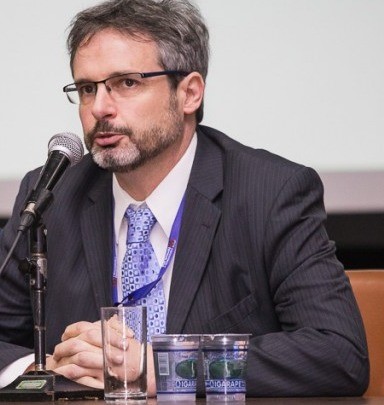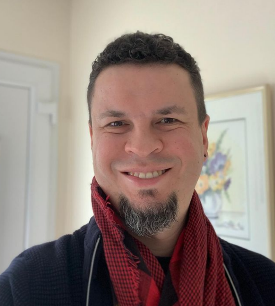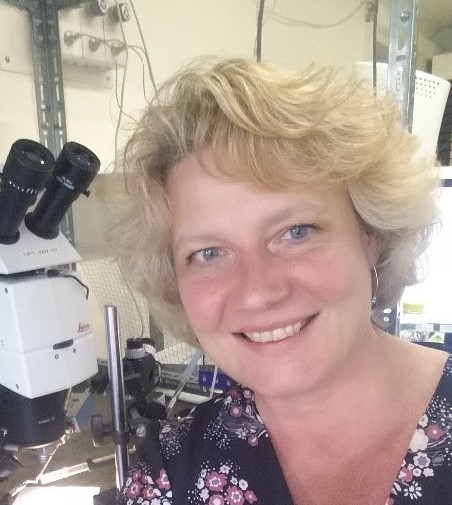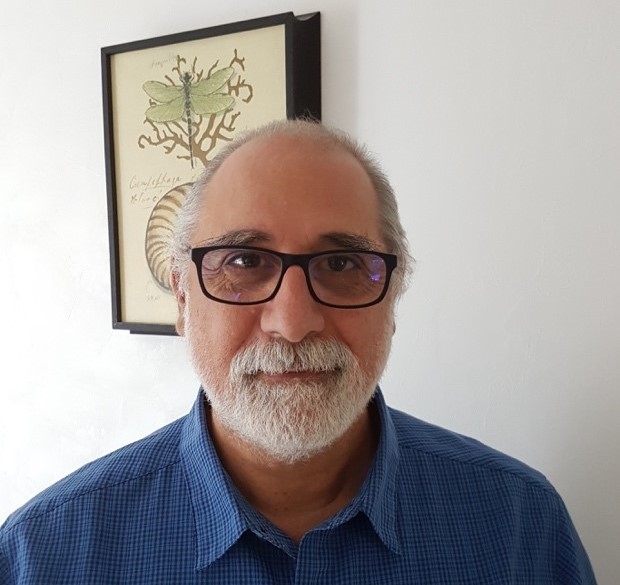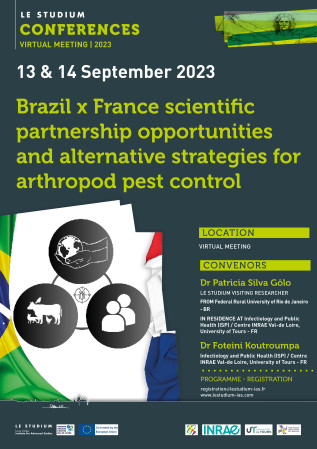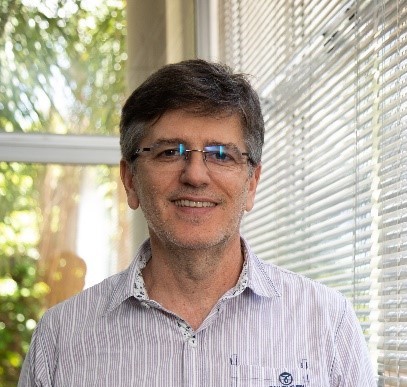
Address: Av. Pádua Dias 11 Bairro Agronomia 13418-900
Dr Italo Delalibera Jr. is a professor in the Department of Entomology and Acarology at the University of São Paulo in Piracicaba-SP, Brazil. Ph.D. in Entomology at Cornell University (1998-2002) and post-doctorate research associate at the University of Wisconsin (2002-2003). His leading research is on microbe-arthropod interactions, with an emphasis on microbial control of agricultural pests. He is the director of the EMBRAPII unit (Brazilian Company for Industrial Research and Innovation) on Biocontrol and biotechnological processes for the sustainable management of agricultural pests; and also the principal investigator on microbials of the SPARCBio, the São Paulo Advanced Research Center on Biological Control.
Large-scale adoption of biological control fosters Brazil's transition to more sustainable agriculture.
Brazilian agriculture has been undergoing significant transformations that have increased productivity and efficiency due to technological innovations based on advances in artificial intelligence, automated machines, robotics, 5G, and IoT applied to digital agriculture. One of the areas of most remarkable change has been the large-scale adoption of biological control, fostering the transition to more sustainable agriculture. The large-scale adoption of biological control to manage pests, diseases, and nematodes is due to many factors. A regulatory system has facilitated microbial solutions to provide alternatives to organic agriculture or replace synthetic pesticides. Procedures and legislation have been implemented to meet the unique requirements of biopesticides and to speed up the registration process. Universities and Science and technology institutes have played an important role in developing new products and processes through partnerships with startups, small and medium-sized local companies. These changes have brought greater diversification of new technologies, of comparatively low toxicity, to the farmers. The new biological solutions offer opportunities to reduce the impacts of agriculture on the environment. High adoption of microbial control into field crops and cereals is being observed. Although the market for biopesticides is still small, the future is promising.

